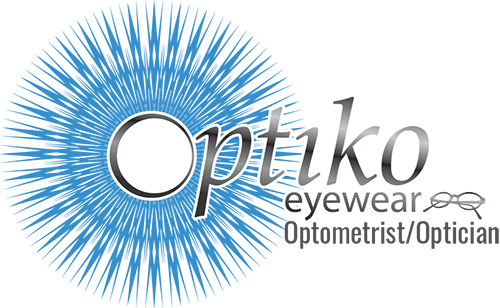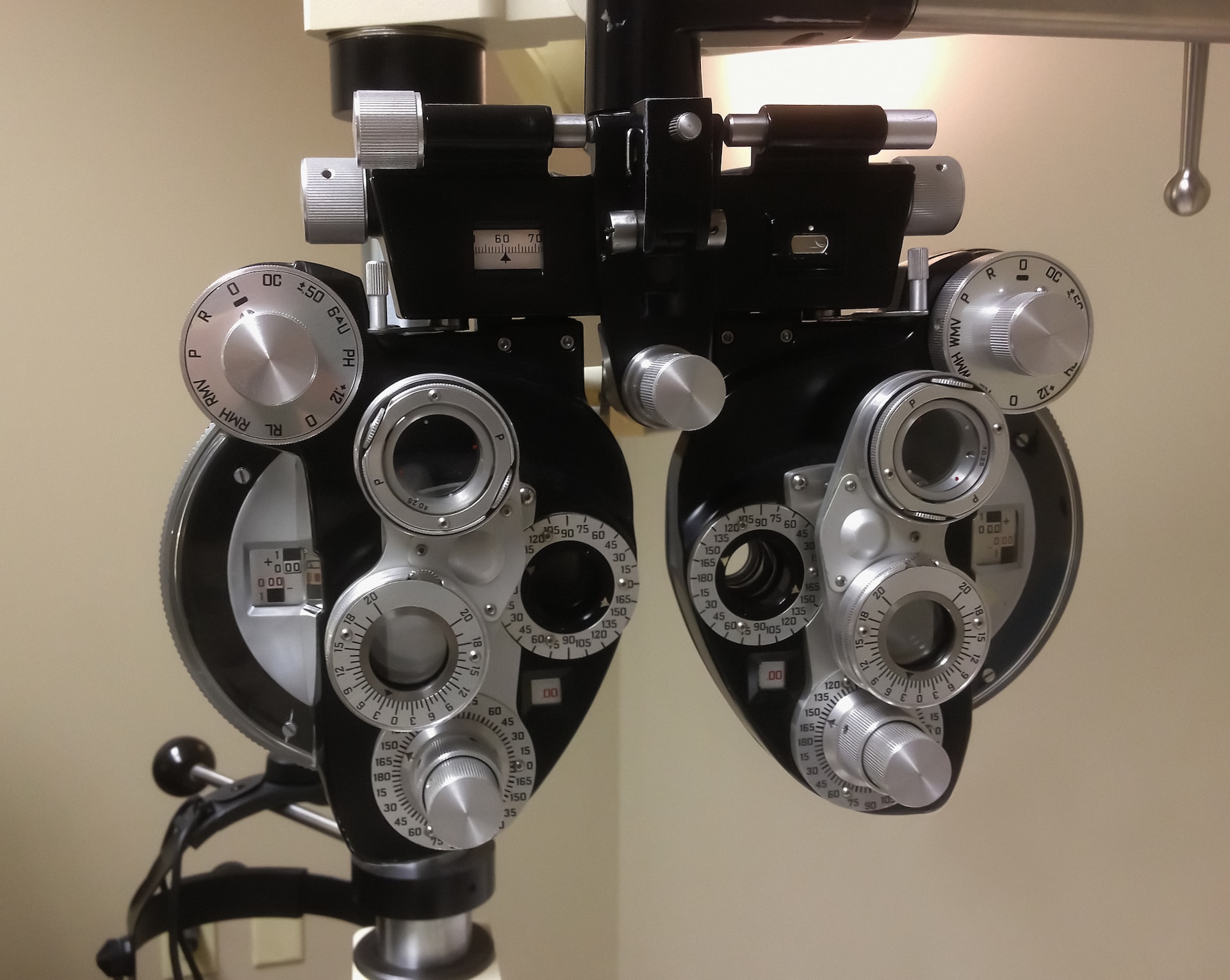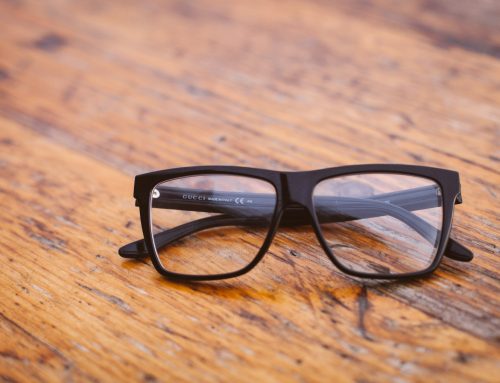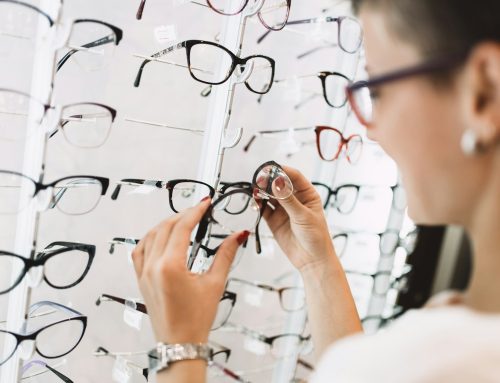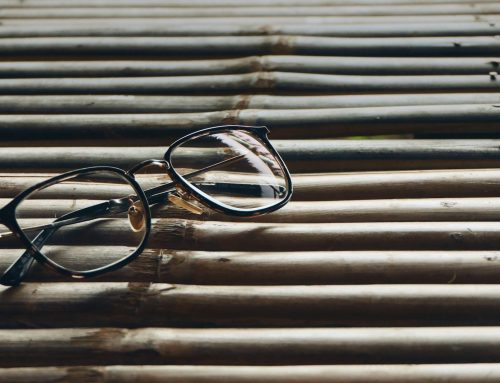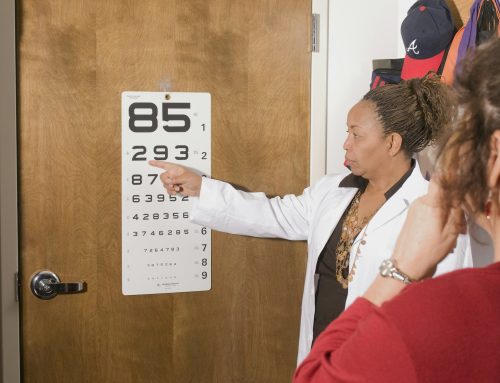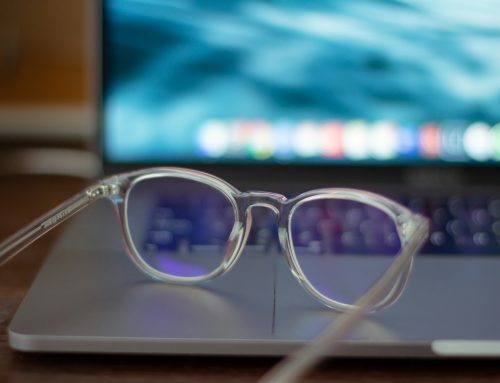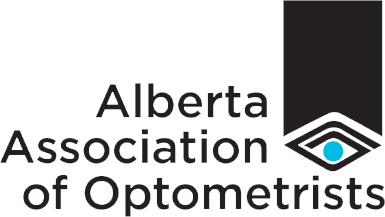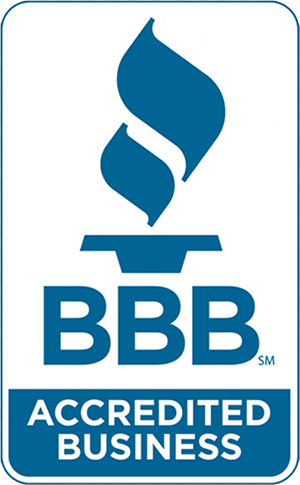Your eyes are one of the most significant parts of your body. They allow you to take in the world around you and experience all the beauty it offers. Without your eyes, you would miss out on so much.
And as such, it’s critical to meet your ophthalmologist for an eye checkup exam. After all, you must maintain healthy vision and detect and treat any changes in your vision early.
Here’s everything you need to expect when having an eye checkup exam:
Visual Acuity Test
Visual acuity tests involve looking at an eye chart to measure your ability to distinguish between letters and symbols of various sizes. The symbols usually start large and get smaller as you move down the chart. The chart is usually placed at a distance of 20 feet, and you are asked to identify the symbols you can see. If you can’t read the smallest line, your vision is not as sharp as it should be.
Your visual acuity test results will give your eye doctor an indication of your overall vision. They will also help determine if you need corrective lenses, such as glasses or contacts. If you have difficulty seeing the letters and symbols on the chart, your doctor may refer you to a specialist for further testing.
Eye Movement Test
Also referred to as the ocular motility test, this exam is essential to any comprehensive eye exam. It helps your ophthalmologist assess your eye movement and diagnose any potential problems you may have with your eyes.
During the test, your doctor will ask you to look at a target while they move your eyes in different directions. Afterward, they will measure how well your eyes can move and track the object. This helps them assess your eye movement, evaluate your binocular vision, and diagnose any potential problems you may have with your eyes. It can also help diagnose other conditions, such as amblyopia (lazy eye) and convergence insufficiency (inability to turn the eyes inward).
Retinoscopy
Retinoscopy entails having your eye doctor shine a light into your eyes while you look at a target. The light reflects off your retina and back to the doctor, who uses it to measure your eyes’ refractive error. This information is then used to determine the best prescription for your glasses or contact lenses.
The test is usually done with a visual acuity test, which measures how well you can see at different distances. Retinoscopy can also diagnose certain eye diseases or conditions, such as astigmatism or cataracts.
Slit Lamp Test
One test your ophthalmologist can use to perform is a slit lamp test. This test uses a slit lamp with a powerful light to examine the front of your eyes. The doctor will look at the cornea, iris, conjunctiva, and lens to check for abnormalities, such as cataracts, glaucoma, or age-related macular degeneration.
Final Thoughts
A comprehensive eye exam is integral to a person’s overall health and well-being. It is important to have regular eye exams to detect any vision problems or diseases early on and to maintain good vision health.
When you go for an eye exam, you can expect to complete paperwork, check your vision, and receive a comprehensive eye exam. It’s important to discuss any concerns you may have with your ophthalmologist, such as any changes in your vision, so that they can provide the best care possible.
Optiko Eyewear has a team of ophthalmologists in Calgary that can aid your comprehensive eye exam and provide personalized care. Our team is dedicated to providing quality care and offering the best possible solutions to help meet your vision needs. Book an eye exam with us today!
